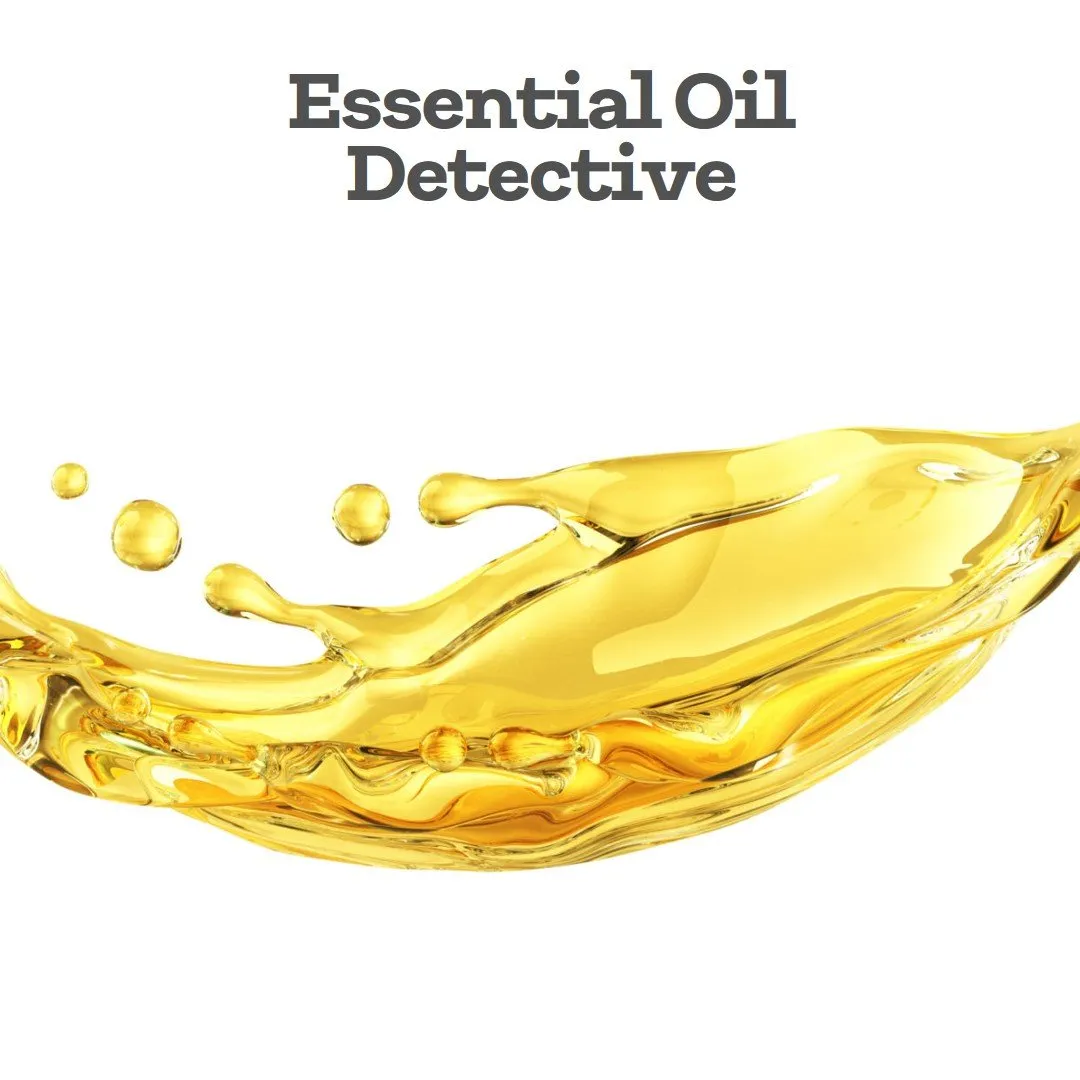Quality & Safety - The Essential Factors
Today, we're diving deep into the world of aromatic wonders and exploring the crucial factor that often goes unnoticed: quality. Whether you are new to essential oils or have years of experience, the quality of the essential oils you use is critical.
When it comes to selecting essential oils, there's more to it than just a pretty bottle or a catchy label. Quality plays a pivotal role in reaping the maximum benefits these oils have to offer.
Let me share an intriguing story that perfectly captures the significance of quality when it comes to essential oils.
Picture this: You stumble upon a quaint little shop that promises to have the best collection of oils in town. Excitedly, you make your way inside, greeted by shelves upon shelves of colorful bottles. But wait...something doesn't feel right.
As you approach the counter, you notice a distinct lack of information about the sourcing and testing procedures for these oils. The salesperson seems unsure when asked about the purity and authenticity of their products. Cue the red flags!
Or another scenario: Imagine you're browsing through an online marketplace, tempted by the incredibly low prices of essential oils. You might be tempted to add a few cheap bottles to your cart, thinking you've stumbled upon a steal. But beware!
Oftentimes, these inexpensive oils come with hidden dangers.
Safety is the holy grail of any wellness journey. When it comes to essential oils, quality is not just a matter of efficacy and aroma; it's a critical factor in ensuring your well-being.
The importance of quality first: purity

Quality matters because it ensures that you're not just buying a fancy bottle filled with synthetic fragrance or diluted oil.
Pure, high-quality essential oils are derived from plants through methods like steam distillation or cold pressing. These processes preserve the natural compounds responsible for the therapeutic benefits we seek.
One key aspect to look for when selecting essential oils is their purity. Reputable brands invest in rigorous testing procedures, such as gas chromatography-mass spectrometry (GC-MS), to verify the composition and authenticity of their oils.
They invest in third-party testing and adhere to industry standards to verify the absence of contaminants like pesticides, heavy metals, or microbial contaminants. This helps identify any potential contaminants or adulterants that could compromise the oil's quality and effectiveness.
By opting for such brands, you're making a conscious choice to prioritize your safety and well-being.
Quality first: sourcing

Another factor to consider is sourcing. The quality of essential oils is greatly influenced by the plants' origin and cultivation practices. For instance, lavender oil from France tends to have a more robust aroma compared to its counterparts from other regions. So, paying attention to where your oils come from can make a noticeable difference in their overall quality.
Quality first: effectiveness

But how does quality impact the effectiveness of essential oils, you may wonder?
Well, it's all about the chemistry. Essential oils contain a wide range of chemical constituents, each with its unique properties and potential health benefits. When these constituents are present in their optimal concentrations, the oil can deliver its intended therapeutic effects.
However, when an oil is of subpar quality or adulterated, it may lack the desired chemical constituents or contain harmful additives. Unfortunately, there are a lot of “less than pure” oils on the market that claim to be pure.
Allow me to shed some light on how quality impacts the safety of using essential oils. You see, the purity and authenticity of an essential oil directly influence its potential side effects and interactions.
Low-quality or adulterated oils may contain synthetic additives or diluents that can cause adverse reactions when applied topically or inhaled. Skin irritations, allergic reactions, or respiratory issues can swiftly turn your aromatherapy session into a nightmare.
Furthermore, certain essential oils are known to interact with medications or have contraindications for certain health conditions. When you choose high-quality oils from trusted sources, you can have more confidence in their purity and authenticity, reducing the risk of unexpected interactions or adverse effects.
By opting for high-quality oils, you're taking a proactive step in minimizing any risks associated with their usage.
Now, I'm not saying that all affordable oils are inherently unsafe or that expensive automatically means high-quality.
It's crucial to do your due diligence and research the brand and its practices. Look for certifications like USDA Organic or certifications from trusted organizations, and read reviews from other users to gather insights on the brand's reputation.
Never underestimate the power of quality when selecting your aromatic companions. Whether it's for relaxation, skincare, or spiritual practices, investing in pure and authentic essential oils can make all the difference in your experience.
So embrace essential oils, armed with knowledge and discernment, and let the magic of quality oils elevate your well-being to new heights!
Remember, the price you pay for essential oils is not just for the aromatic experience; it's an investment in your safety and peace of mind. By prioritizing quality, you can enjoy the therapeutic benefits of essential oils without any unwanted surprises.
